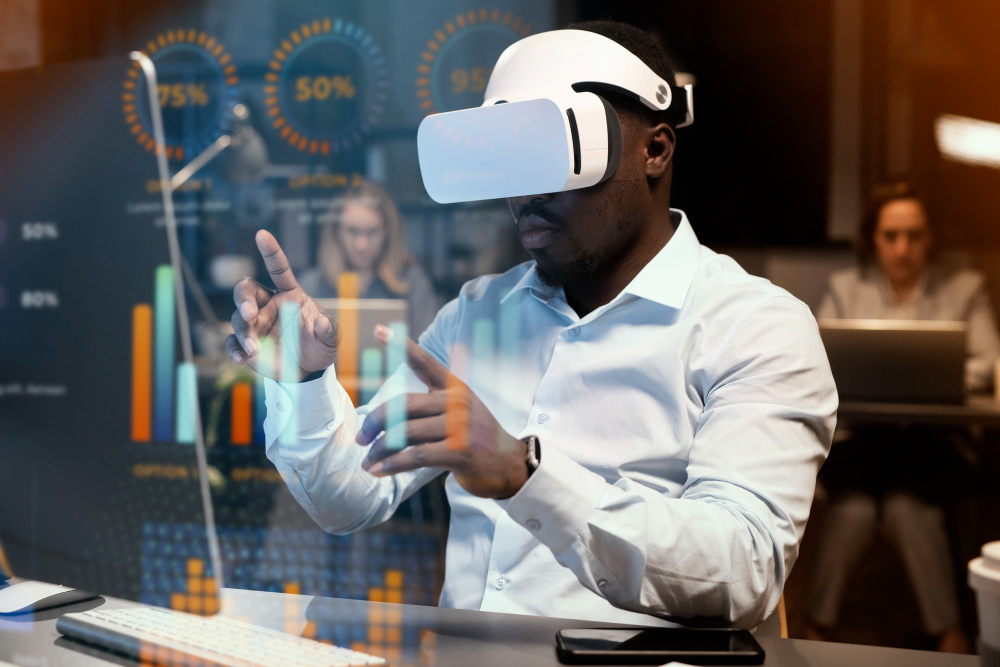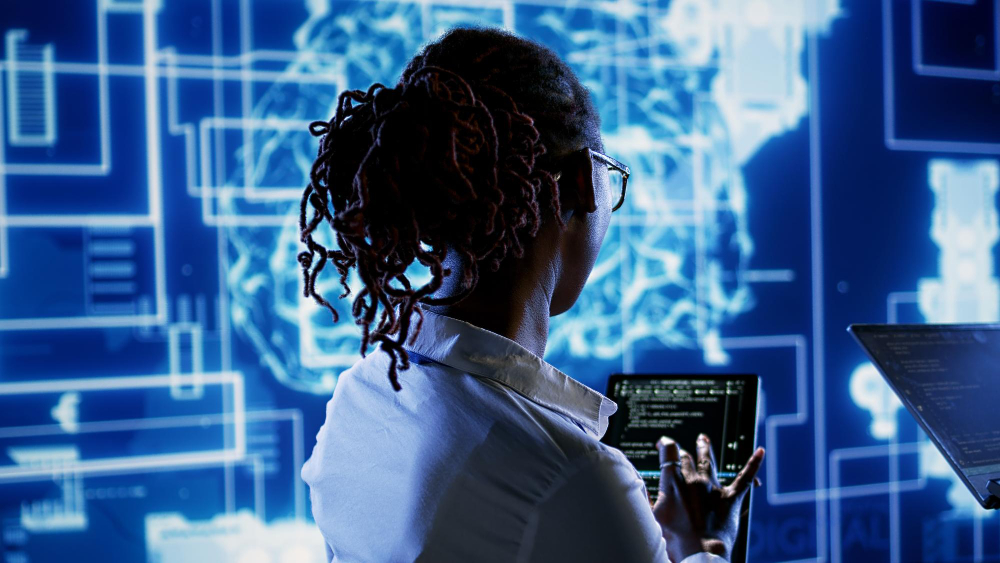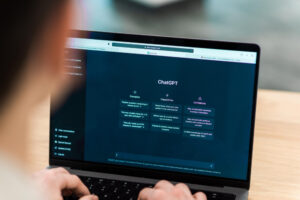
The AI-Driven Career: How to Thrive in the Future of Work
The rise of AI is reshaping the professional landscape, but not in the ways many fear. While automation will eliminate certain repetitive tasks – such as data entry or basic administrative duties – it will also create entirely new roles.
According to the World Economic Forum 78 million new positions are projected to emerge by 2030. The key insight: AI doesn’t replace careers; it rebalances work, allowing humans to focus on higher-value, strategic tasks.
The New Professional: Human-AI Collaboration
Emerging roles such as AI Engineer, AI Ethics Specialist, and Prompt Engineer demonstrate that the most valuable professionals are those who combine technical AI expertise with domain knowledge.
PwC reports that workers fluent in AI can earn up to 56% more than their peers, highlighting the financial and strategic premium placed on AI collaboration. Professionals who can interpret AI insights, apply judgment, and solve complex problems will be indispensable across industries.
AI Fluency as the New Baseline
Technological change demands continuous learning. By 2025, half of all employees will require reskilling to remain relevant. The difference between upskilling and reskilling is critical: improving current skills versus learning entirely new ones.
Organisations must also foster trust, clearly communicating that AI is an enabler, not a replacement, while professionals must adopt a growth mindset, treating their skills as a dynamic, evolving portfolio. Short-term certifications and hands-on experience in AI tools are essential to remain competitive.
The Unassailable Human Advantage
Technical skills are vital, but research shows that 85% of career success comes from soft skills like creativity, emotional intelligence, critical thinking, and adaptability. AI cannot replicate these uniquely human qualities, making them the ultimate differentiators.
Professionals who cultivate these skills not only enhance their career prospects but also protect their psychological and emotional well-being in an increasingly automated world.

The Strategic Mindset: Agility in an Exponential World
Success in the AI era requires a mindset shift. Professionals must evolve from passive users of AI tools to proactive architects of human-AI collaboration, capable of designing workflows and multiplying their impact.
Careers are no longer linear; they are portfolios of evolving skills. Continuous learning, embracing new responsibilities, and combining technical AI literacy with soft skills are the hallmarks of future-ready professionals.
Your Roadmap for an AI-Powered Future
To thrive in the AI-driven economy:
- Embrace AI fluency: Gain hands-on experience and certifications to work effectively with AI.
- Invest in human skills: Creativity, empathy, and judgment remain irreplaceable.
- Adopt a proactive mindset: Become a strategic architect of human-AI collaboration, ready to pivot and adapt.
The age of AI is not coming; it is already here. Those who master the blend of human creativity and AI capabilities will not only secure their careers but lead the industries of the future.
At Belgium Campus iTversity, we equip students to navigate and thrive in this AI-powered world, ensuring they are prepared for both the challenges and the opportunities ahead.
- Marvin Way


